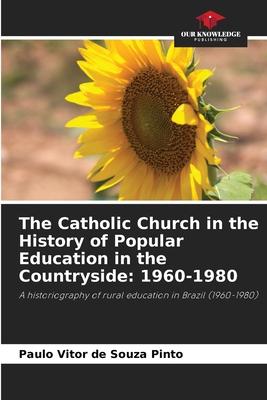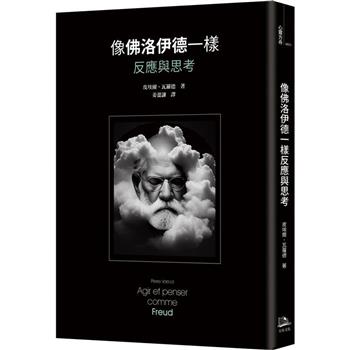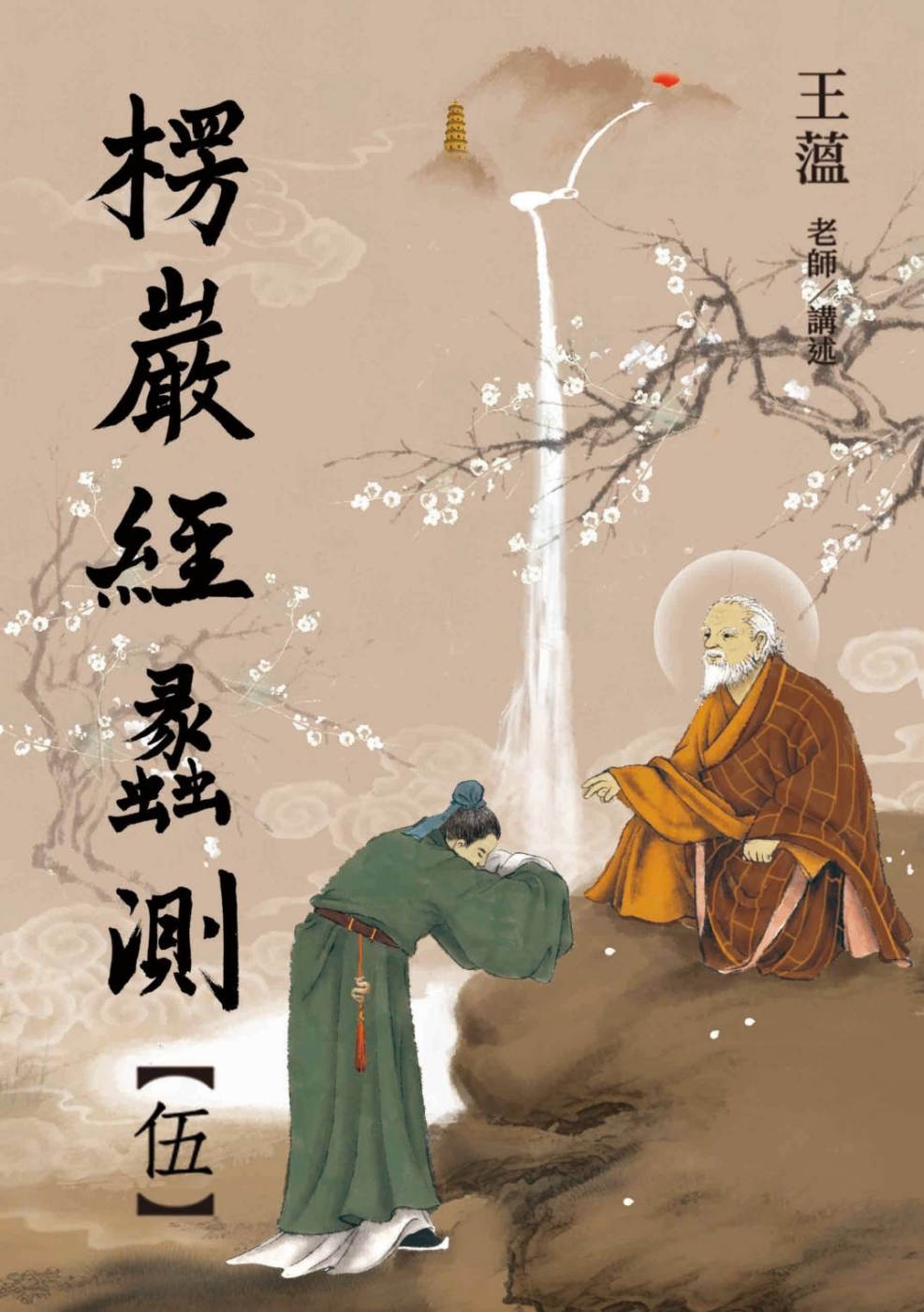This paper presents the role of the Catholic Church in the history of popular and rural education in Brazil between 1960 and 1980. Initially, we present Jesuit education as the birthplace of Brazilian education, seeking to emphasise that the Catholic Church is directly linked to the history of education. In turn, understanding the contradictions within the Church itself throughout history, this work chooses and identifies the liberation wing and its proposals clarified by Liberation Theology, which culminated in the restructuring of the Church and society in a certain way. The changes that took place as a result of the Church’s openness to the needs of the poor were responsible for encouraging educational events and, at the same time, generating a critical conscience that had been dormant until then. The Base Ecclesial Communities and the see-judge-act method they used are presented as the driving forces behind popular education, and concomitantly with these events, the Base Education Movement is presented as the main actor in popular education in the countryside.
| FindBook |
|
有 1 項符合
The Catholic Church in the History of Popular Education in the Countryside: 1960-1980的圖書 |
 |
$ 2580 | The Catholic Church in the History of Popular Education in the Countryside: 1960-1980
作者:de Souza Pinto 出版社:Our Knowledge Publishing 出版日期:2024-04-04 語言:英文 規格:平裝 / 56頁 / 22.86 x 15.24 x 0.33 cm / 普通級/ 初版  看圖書介紹 看圖書介紹
|
|
|
圖書介紹 - 資料來源:博客來 評分:
圖書名稱:The Catholic Church in the History of Popular Education in the Countryside: 1960-1980
|











